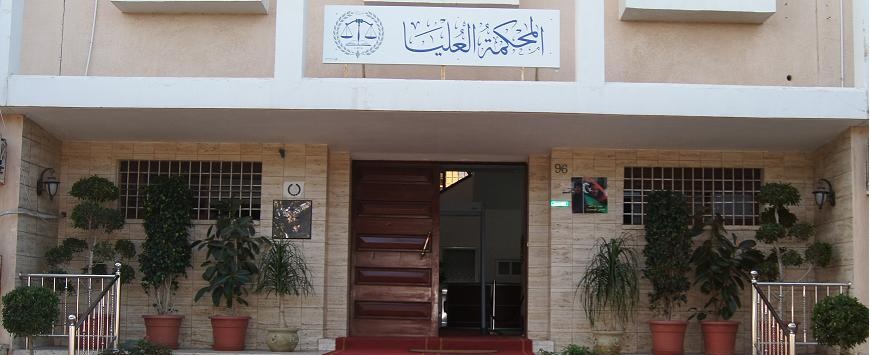The General Assembly of the Libyan Supreme Court has strongly condemned the language used in a letter from the House of Representatives accusing the Court of bias in its handling of constitutional appeals.
In a statement responding to the letter, the Assembly said that publishing inaccurate information to undermine the judiciary in general or the Supreme Court in particular constitutes a crime punishable by law.
The statement denied the claim in the letter regarding the number of constitutional appeals pending before the Court.
The Supreme Court affirmed its commitment to the principle of separation of powers and called on everyone to respect it, as it is a fundamental principle enshrined in all constitutions that cannot be violated.
The Court also pointed out that the number of constitutional appeals filed since its work in 1954 has been at most 200 and that legal requirements and constraints govern the adjudication of cases.
It emphasized the independence of the judiciary as one of the most cherished principles, stressing that it is "fearless and rises above political squabbles."
The Court further highlighted its position at the top of the judicial hierarchy as a cornerstone of the state's constitutional structure, stating that "the political manoeuvring of different parties will not sway it."
The HoR had issued a letter accusing the Supreme Court of bias in handling appeals and claiming that it had chosen to hear only one of the 1,000 pending appeals. The House considered this interference in political affairs and a provocation of public opinion without regard to the public interest.







